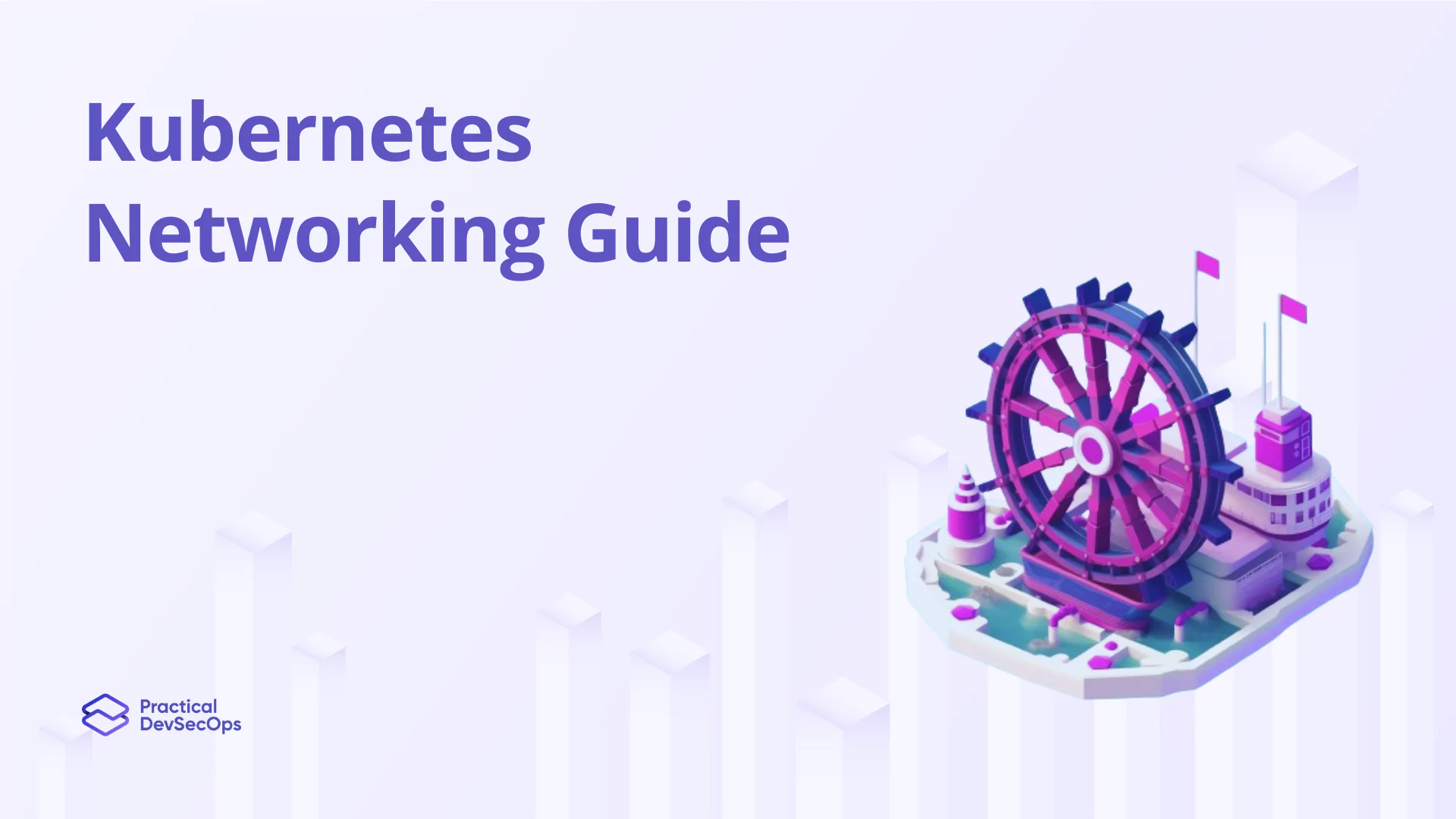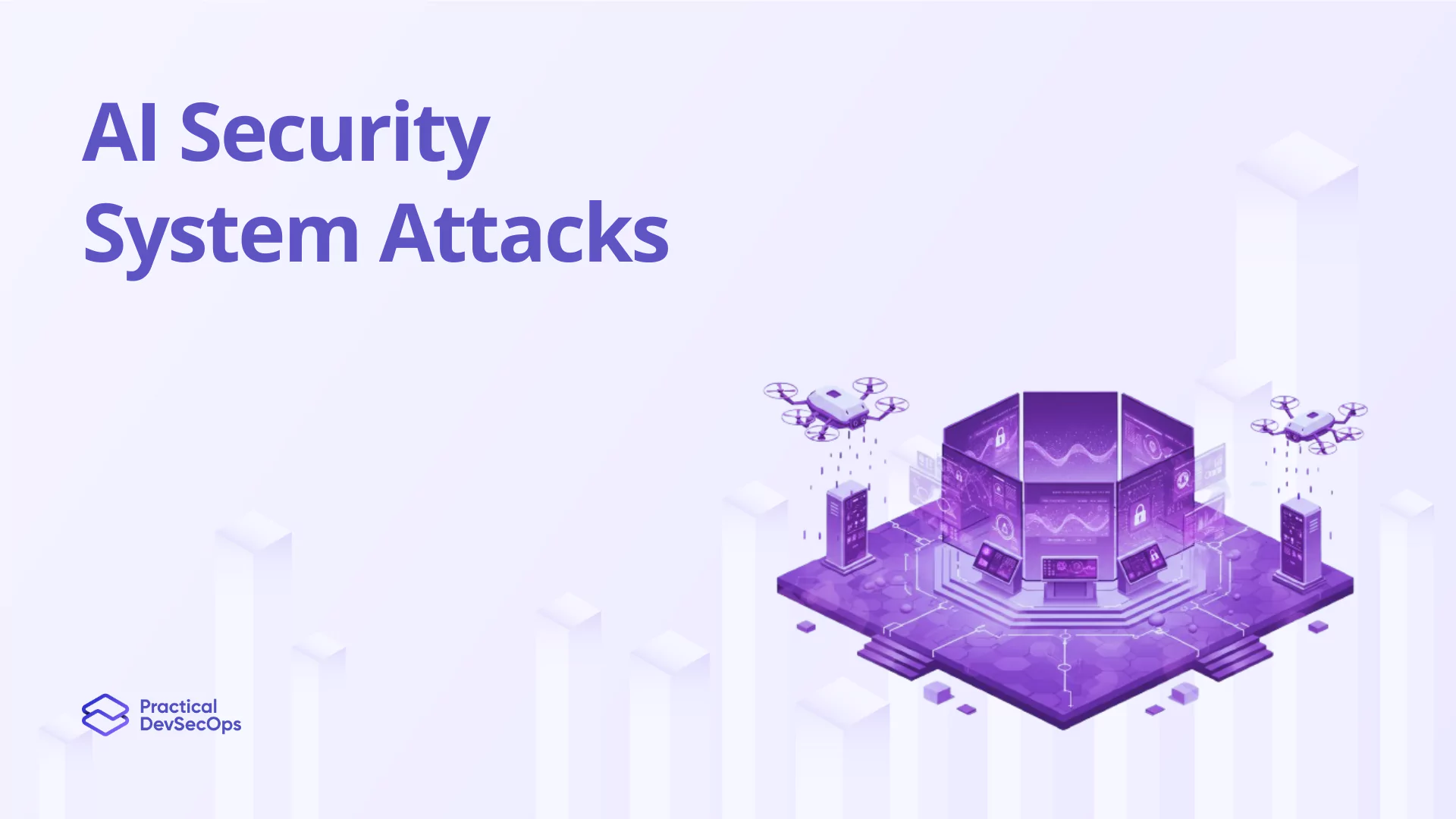Over the years, Kubernetes has greatly improved container orchestration so it is high time for any kind of quick deployments to understand its networking tune for better deployments. This guide provides tips on how to optimize and secure Kubernetes networking. Even if you are a beginner or professional, you can always follow these tips to make your network work better and more secure while you run your applications on top of the network.
Understanding Kubernetes Networking
Networking in Kubernetes plays a vital role in providing communication between all containers, which are running on multiple Docker Engines (hosts).
It is crucial for deploying scalable and responsive applications. Kubernetes networking fundamentals ensure that your deployments will not only be robust, but they will be able to perform well even under changing loads as well.
Also read 10 Most Common Kubernetes Security Misconfigurations
Configuring Kubernetes Networks
Kubernetes networks are foundational to the proper and well-tuned functioning of a Kubernetes deployment. This post is a step-by-step guide from zero to a running Kubernetes network.
From selecting the appropriate network model to using best practices that deliver scalability and fault tolerance to your application, everything will be included.
Kubernetes Network Policies
Kubernetes network policies are essential for securing and controlling how pods communicate within a cluster. Effective management of these policies helps prevent unauthorized access and ensures that your services remain isolated and secure. Learn how to craft precise network policies that align with your security requirements and operational needs.
Kubernetes Network Troubleshooting
Network issues can be intimidating, but if addressed correctly, you can solve them quickly. In this section, we have discussed common distributed networking issues on Kubernetes and how to strategically troubleshoot them. We talk quickly about using diagnostic tools and logs to diagnose network issues quickly.
Also read Best Practices to Follow for Kubernetes Network Security
Network Security Best Practices in Kubernetes
Kubernetes network security is not as easy as just enabling firewalls or configuring security policies. This post focuses on some full spectrum security practices which play well with Kubernetes networking. These methodologies range from encrypting data in transit to the smallest deployment, to using network segmentation to provide comprehensive protection for your deployments.
Exploring Kubernetes CNI Plugins
Kubernetes networking depends highly on the CNI network plugins that provide capabilities and performance improvements. This section compares popular CNI plugins like Calico, Flannel, and Weave, their pros and cons, and how they affect network functions and security.
Kubernetes Network Architecture
Networking in Kubernetes is an often misunderstood topic – this topic aims to give you a deep dive into Kubernetes network architecture and how it can change the way you deploy your applications as well as improve your security strategy.
The section explains how networking looks in the Kubernetes setup, how services are shared between containers, what types of traffic are routed where, and how various services communicate among themselves (inside and outside of the cluster).
Also read Best practices for Kubernetes Security
Secure Networking in Kubernetes
Strategically securing networking inside of Kubernetes is key. The newest tools that we are working on for network security are those that not only make it easier to incorporate security measures in the planning phase but also a completely new way to go about implementing and deploying security measures we have not yet seen widely implemented. This action-based process helps to reduce potential danger and makes the system secure.
Conclusion
In this comprehensive guide to Kubernetes networking, we’ve navigated through the essentials—from basic concepts to advanced security measures. As you embark on optimizing your Kubernetes deployments, remember that the power of Kubernetes networking lies in its flexibility and depth. Whether you’re just starting out or refining your skills, our Certified Cloud-Native Security Expert (CCNSE) course is tailored to deepen your understanding and expertise in Kubernetes and cloud-native technologies.
Dive deeper, secure stronger, and build smarter with us today. Enroll in the CCNSE course now and elevate your professional credentials in the cloud-native security landscape.







0 Comments